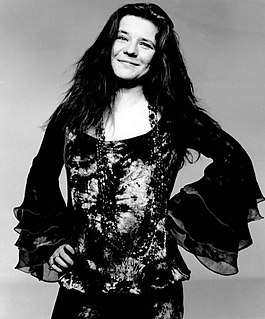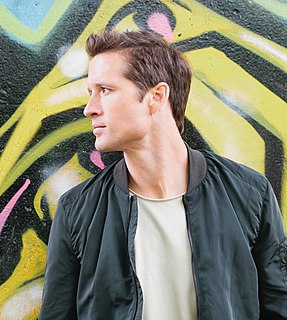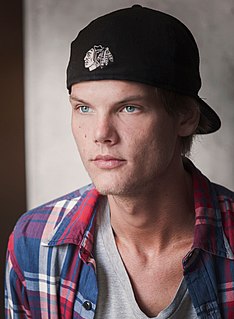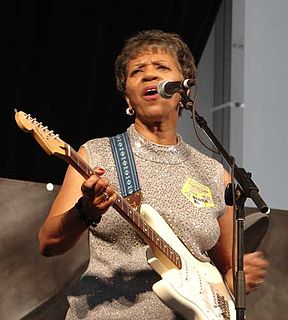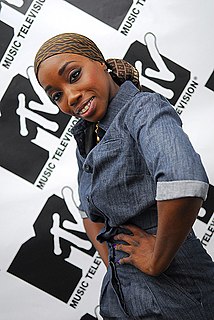A Quote by Janis Joplin
What we've had to do is learn to control success, put it in perspective, and not lose the essence of what we're doing - the music.
Related Quotes
I think Britain can be one of the great success stories of the 21st century - we've got the talent, the drive, the connections around the world. But if we vote to Leave, then we lose control. We lose control of our economy, and if you lose control of your economy you lose control of everything. That's not a price worth paying.
I don't really look at the charts at all. If anything, I try to out-do what I've done before. I try to make music that I like and I trust my own judgement with what will work with a wider audience. If you compare yourself to the charts, you lose perspective on what you're doing and why you're doing it.
What is missing in a lot of urban music is perspective. You hear a lot of regurgitated perspective. It's a lot of: out at the club. Had drinks. Patrón. Big booties. It's this regurgitated idea of living in this, I don't know, one-night-stand moment that always starts at the club and Patrón. And so perspective, perspective, perspective is what I'm an advocate of.
At its essence, 'Groundhog Day' is an existential journey of an unhappy, judgmental, slightly narcissistic, misogynistic, dissatisfied, aspirational, entitled, privileged male who has to learn to be the opposite of all those things to find happiness - to learn that learning is important and that you don't get to control everything.
Holding onto and manipulating physical objects is one of the things we learn earliest and do the most. It should not be surprising that object control is the basis of one of the five most fundamental metaphors for our inner life. To control objects, we must learn to control our bodies. We learn both forms of control together. Self-control and object control are inseparable experiences from earliest childhood. It is no surprise that we should have as a metaphor-a primary metaphor-Self Control is Object Control.
